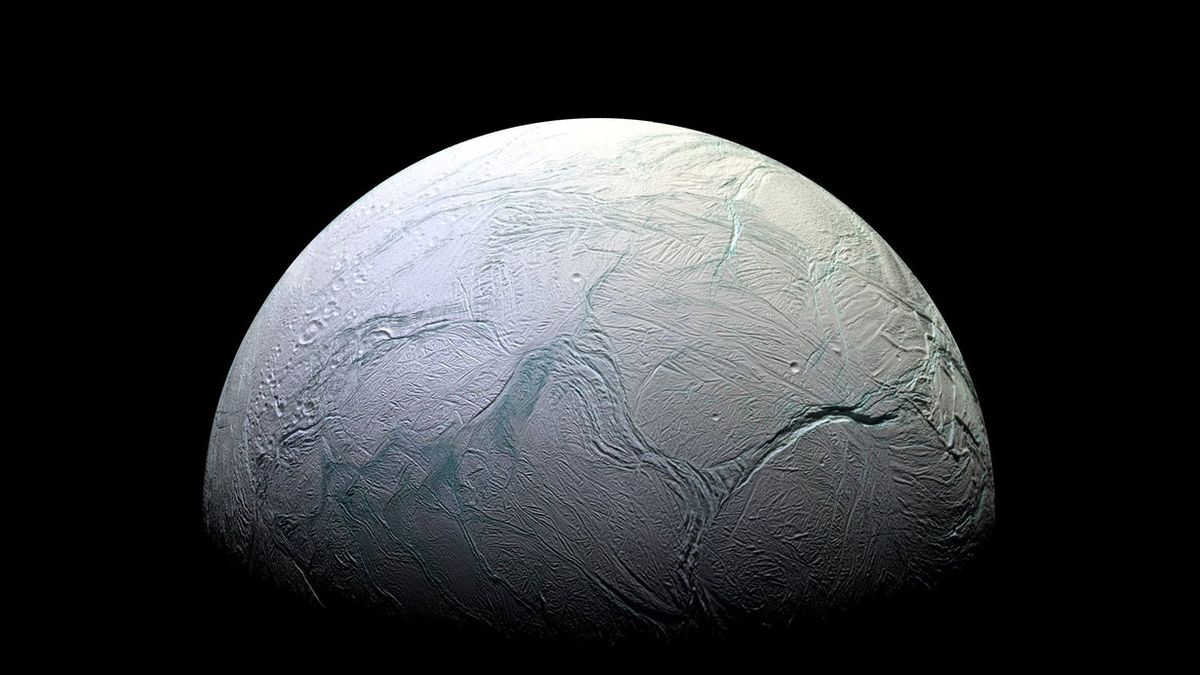Setting the Stage for a Cosmic Discovery
Europe is gearing up for an ambitious journey to Saturn’s moon Enceladus, aiming to uncover signs of life, driven by its intriguing potential as a habitable world. This initiative is part of the European Space Agency’s (ESA) “Voyager 2050” project, which targets mid-21st-century celestial explorations with a focus on the moons of the Solar System. Enceladus, with its icy facade and mysterious subterranean ocean, tops the list of celestial bodies due to its fascinating geysers and organic-rich water plumes that hint at the moon’s life-supporting potential.
Scientific Rationale and Mission Dynamics
Enceladus became a prime candidate for exploration after the discovery of water vapor plumes ejecting from its surface in 2006, suggesting an internal ocean beneath its icy shell. The ESA is considering a robust mission architecture that includes an orbiter and possibly a lander to delve directly into the moon’s icy crust. The primary mission objective is to analyze the ejected plume material for signs of organic compounds and other life-sustaining elements, using technologies that could maneuver through the harsh conditions of space to reach and study the distant moon.
Technological Challenges and Broader Implications
The mission’s success hinges on overcoming significant technological and budgetary challenges, particularly the design of spacecraft capable of enduring the long journey and harsh conditions near Saturn. If chosen for execution, the mission could deploy sophisticated tools to sample and analyze Enceladus’ surface or plume deposits, potentially providing unprecedented insights into its ocean’s composition and the broader astrobiological potential of icy moons. This expedition could not only elevate our understanding of Enceladus but also enhance our knowledge of planetary habitability, marking a pivotal chapter in the quest to find extraterrestrial life within our solar system.
